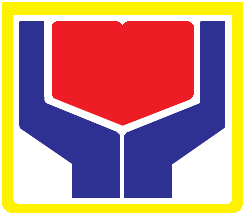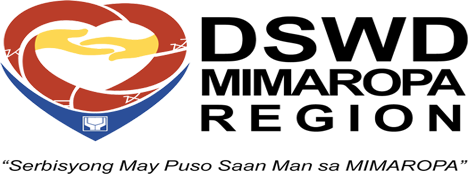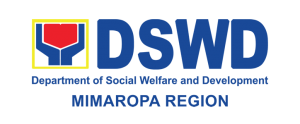The town of Cagayancillo, located between the islands of Palawan and Negros in the Sulu sea, is endowed with beautiful beaches and rich marine resources. It is a 6th class municipality which is home to 6,285 people.
Cagayanins are known to have a culture of eating sea turtles or pawikan. When it was declared as an endemic species, they had to give up this culture and consume other allowable resources that can be caught in the sea.
Living in a remote island was never easy for Cagayanins especially that they are dependent on the sea for their livelihood. The unpredictable changes on weather, including monsoons and typhoons, limit the stability on their means of income.
Given this situation, the Department of Social Welfare and Development (DSWD), together with the Pantawid Pamilyang Pilipino Program (4Ps) beneficiaries, grabbed the opportunity to provide a viable alternative source of income for the people of Cagayancillo.
Since they rely on fishing and seaweed production, the beneficiaries organized an association called Cagayancillo Seaweeds Farmers Association that was created in February 2016 with Ms. Lory Aya-ay as its president. The association as a micro-enterprise will focus on seaweed reproduction. The marketability of seaweeds makes it a more feasible project for the community.
357 members of the association were able to raise materials needed for the project which amounts to PHP 4,500.00. These members had already been trained by the KALAHI CIDSS-NCDDP volunteer in partnership with the Bureau of Fisheries and Aquatic Resources (BFAR). This had marked their first roll out for the project in February 2016. The Project Development Officer assisted the association to come up with a project proposal for additional funding for the plantation.
DSWD was able to fund the project with a total amount of PHP 808,962.00 where members currently generate an average annual income for the enterprise amounting to PHP 22,000.00 which had made an impact to the community.
The favorable coastal condition of the community made the production of seaweed propagates sustainability. Their hardwork also yielded frequent harvest and growing production in a short span of time.
Aside from the favorable economic results of the seaweed production, members also became more environmentally aware, thus maintaining their marine area free from illegal fishing activities. They become more responsible and vigilant in marine life protection and conservation, knowing that destruction of marine area will affect their primary livelihood.
Another impact of the project is that other fisher folks had refrained from engaging on illegal fishing activities as they saw the potential of seaweed farming as an alternative livelihood. The positive development in terms of economic stability, environmental awareness, and improved livelihood of the beneficiaries and the community are clear implications that the objectives of DSWD were met.
Members of the association are exerting collective efforts towards a goal of making a sustainable livelihood. The project that aimed to provide an extra economic power had a positive domino effect – a developed community resulting to well-groomed citizens living in a healthy environment.
Contributor:
DSWD-SLP Palawan
![]()


